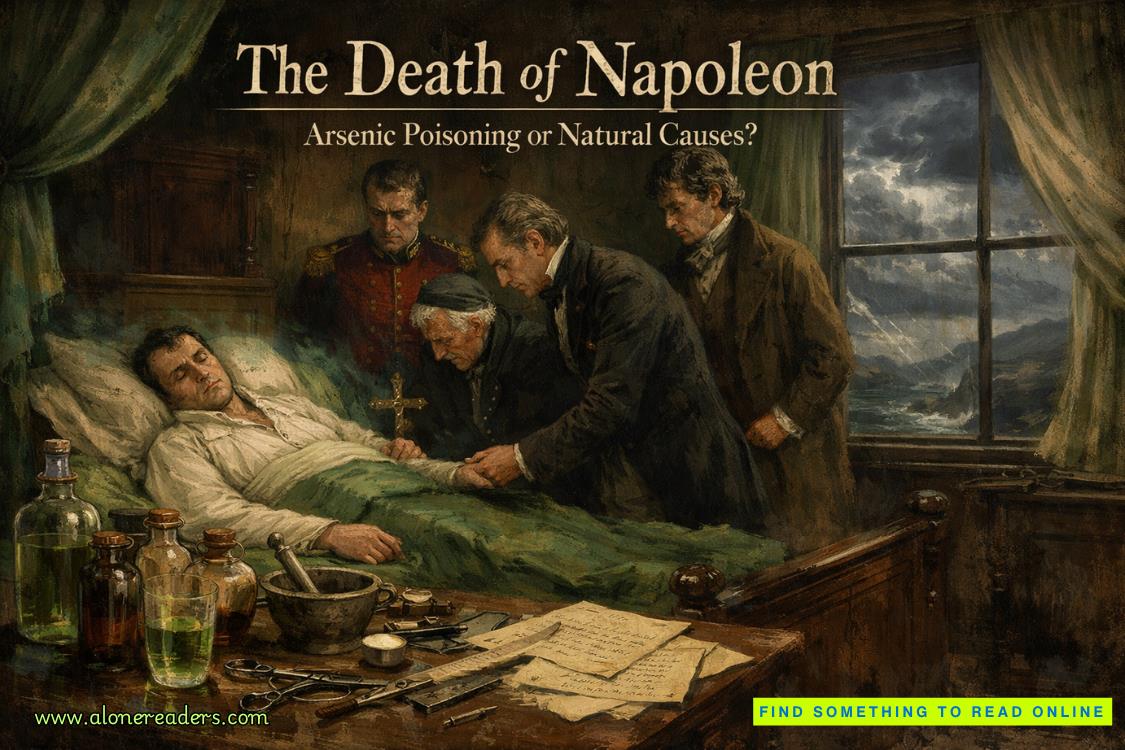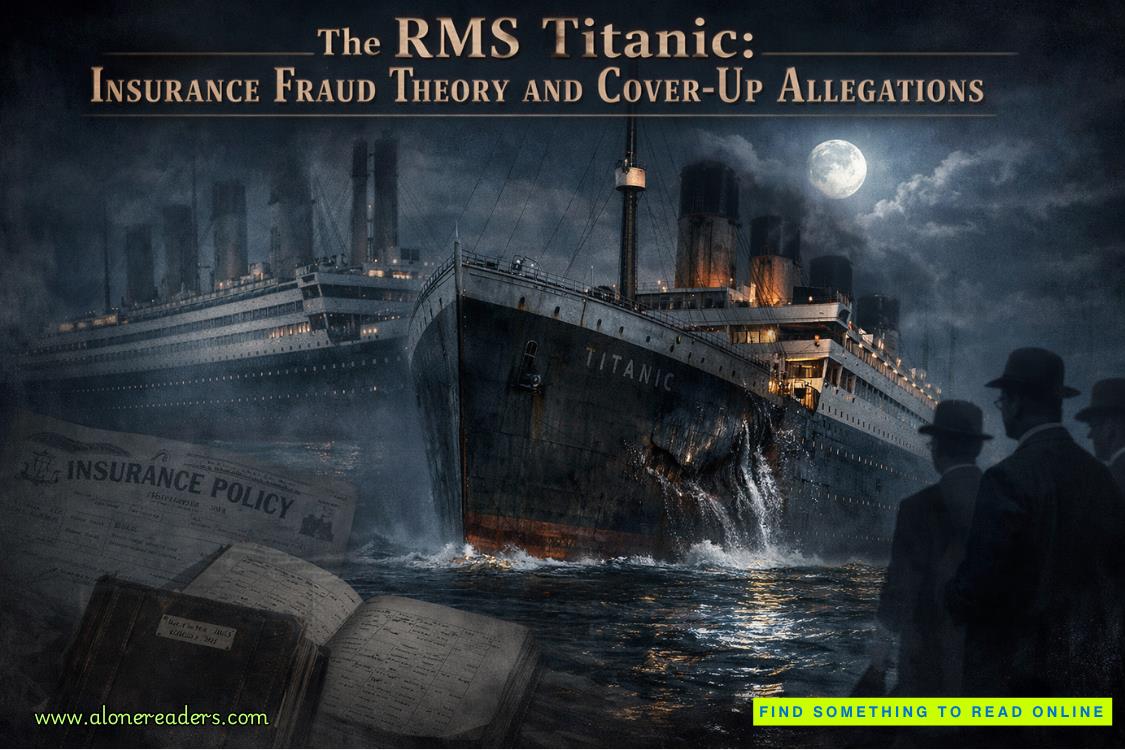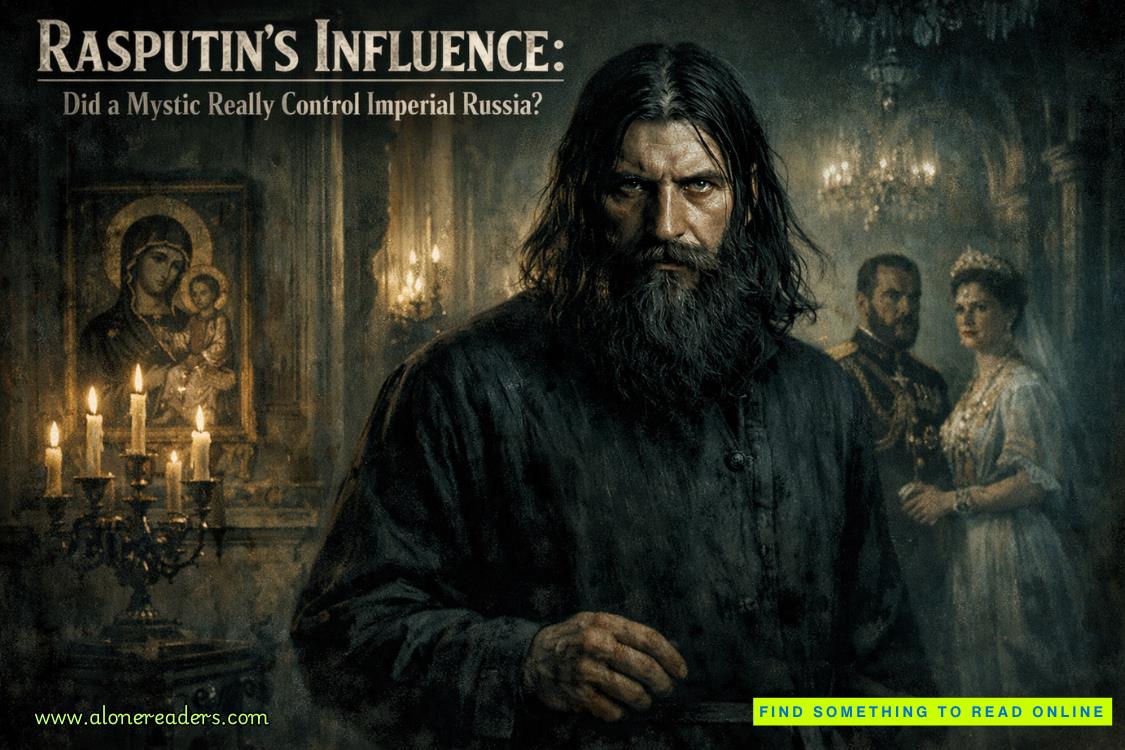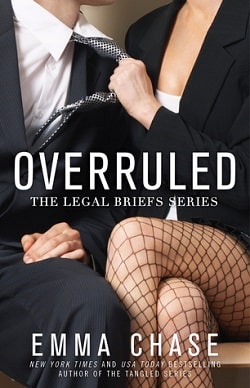Middleton spoke again, “Miss Burton, Dewhurst supports this proposal. He was merely trying to impress upon you the significance of what you will be attempting. To lure Pettigru out, you must be visible, which means you will have to go into Society with Dewhurst. You must be convincing as his wife and not draw undue attention with social blunders. Therefore, Dewhurst will teach you all you need to know to be a success.”
Charlotte frowned and sipped her wine again. It still seemed too easy. What would Dewhurst have to teach her? Perhaps something about titles, but surely she knew the rest. She had been to her share of society gatherings in Charleston before her family’s business faltered. But what would she get out of this? She was not so gullible as to believe these men would really give Cade a fair chance. But what good would she do Cade locked in this dungeon? If she went along with their plan, she might be able to save Cade.
And then what? What if Cade had no money to loan her? She had intended to ask him to become a partner with her, loaning her money to buy back Burton & Son Shipping. But after seeing where he lived and now the troubles he was having with the British government, she wondered. Would he be able to afford to help her? She would help him no matter what, but perhaps she might find a way to repay the British bastards for the deaths of her father and brother.
Charlotte looked at Dewhurst. “Pray, what do I get out of this? If I play the part of your wife, if I lead you to Cade, what then?”
Dewhurst spoke without looking at her. “We fake your death and you go back to the col— the Americas. I go on as a widower, and life goes back to normal.”
Not for me, Charlotte thought. “But what do I get out of this?” she repeated, and Dewhurst narrowed his eyes at her.
“What do you want?”
Charlotte pretended to consider. First and foremost, she wanted to know where Addy was and if she was safe. Secondly . . . she studied Dewhurst. This man obviously had money if he was part of the highest social circles in London. She had a responsibility to the memory of her father and brother to rebuild Burton & Son, not to mention Addy needed her. She’d sacrificed as much as Charlotte—more than Charlotte—to buy them fare to London and a chance at rebuilding their lives. She couldn’t fail Addy. But how much should she ask for? How much did she need? Four hundred dollars? Could she persuade him to give her five hundred? “Money,” she said, stalling for time in which to calculate. “For me and my maid.”
The gentlemen glanced at each other. Dewhurst’s look was that of a man used to money grabbers and toadies. But this had been his idea, not hers. She had every right to expect compensation. Cade’s safety came first, but money was a close second. Dewhurst rose and strode to where she was standing, stopping mere inches from her.
He wore the same clothes, and his hair was still too long, but now she saw something of the aristocrat in him. The condescension in his eyes, the derisive curl of his lip, his haughty manner. And yet she did not step away or back down. His body was warm beside hers, his closeness making her pulse race. She wanted to pretend her reaction to him came from anger or fear, but she knew it was not true. He was an attractive man, for all that he was the enemy.
“If I am to marry you, madam, I expect your performance as my wife to be spectacular. Furthermore, I am in charge. You do what I say, when I say, how I say, and I’ll brook no argument.”
“And if I agree?” Charlotte said, tilting her chin up to look him in the eye.
“Then I pay her one hundred pounds, and you one thousand pounds. After that I want to never see you again.”
Chapter Three
Freddie put a hand over his eyes and tried to imagine he were somewhere else— anywhere but traveling in Middleton’s yacht with a colonist who was to be—to play, he amended— his bride. Middleton had left them to inform Edwards she’d agreed to the scheme and to give the captain orders to sail into one of the docks.
Separating his fingers, Freddie peered across the room at his “bride.” Charlotte’s jaw was clenched, her expression stony, and she looked as though, were he to turn his back, she’d be eager to play Brutus to his Caesar.
What was he about? Had he gone completely daft? This scheme was mad—no one would ever believe he’d marry a colonist. A Yankee with no name, no family, no eye for fashion. Not to mention, there was a sense of desperation, a hunger hanging about her. She was a fighter; he could see it in her eyes. But he did not want to probe too deeply into the nature of the skirmishes she’d won and lost.
Over the years, Freddie had painstakingly constructed the persona of a dandy to deflect suspicion from his activities in the Foreign Office. He didn’t mind his role. After all, he had an eye for a well-tied cravat and a fine tailcoat. But there were times when he found the part constraining. This was one of them. How was he to play a pink of the ton, a tulip of the goes, a fashionable of the highest order with a dowd in tow?
Freddie lowered his hand and glared at the dowd in question. He supposed she wasn’t hopeless. With a bit of Town bronze she might look well enough. But that accent, her style of speaking, her common manners. Freddie Dewhurst, exquisite and choice spirit of the ton, married to a ginger-pated, bran-faced colonist? It was enough to make a cat laugh.
But his mother wouldn’t be laughing. Lady Dewhurst would be furious and full of questions, and he’d have to appease her while pretending to be in love with an American. Neither would Josephine find any amusement in this new state of affairs. His mistress was somewhat proprietary— a quality he’d found amusing. Until now.
Dash it. He hadn’t considered that he’d have to give up Josephine to ensure this preposterous sham was believed. Freddie ground his teeth. How had Edwards talked him into this? The answer was simple: he hadn’t. Edwards had ordered him to marry the girl, and Freddie wanted the bastard Pettigru enough at this point to agree to just about anything. The girl would be useful; that he did not dispute. But making her his wife? During his tenure with the Foreign Office, Freddie had been shot, stabbed, and beaten within an inch of his life; he’d slept in hovels, in the open, and in stables; he’d traveled by horse, by coach, and even by dashed ship when he was forced to. And he had never—well, almost never—complained. But this marriage was pushing his loyalty to its limits.
At least the woman did not appear as overly emotional as some females, and she was certainly unlikely to threaten the security of his own controlled emotions. Freddie patted his breast pocket and felt the sheaf of papers: a false marriage license and doctored papers.
“Mr. Dewhurst,” the colonist said, her honeyed voice making him forget the direction of his thoughts. “Is there something keeping you here? If so, pray, state your purpose. I prefer to keep our exchanges quick and painless.”
“If only that were possible, Miss Burton. But, you see, you’ve already drawn blood.” She gave him a puzzled look, a delicate crease forming between her sherry-colored eyes, and he explained, “It’s Lord Dewhurst.”
She waved a hand. “Of course.”
“No, not of course.” Freddie stood and was dismayed to realize his legs were still somewhat unsteady. “The order of precedence is a matter of great significance among members of the upper ten thousand, and you would do well to learn it and learn it perfectly. But first I want some information from you. How long has it been since you last saw Pettigru?” He leaned against the wall and rested a booted foot on her berth.
“It’s been five years since I’ve seen him,” she said, giving his boot a pointed look.
“And in that time, you never thought to come to London and visit before?”
She shrugged, and he tried not to notice how large her brown eyes were in the dim light or how her hair reminded him of a river of molten lava streaming across her back. Bloody hell, but she was aggravating. He clenched his fist. “I want to know what motivated your visit. Was it money? Your father and brother were killed, but what about your mother?”
A look of pain flashed across her face, and she seemed to sink into the berth. “She died when I was very little.”















